Electronic lab plays an important role in the life of an electrical engineer because an ideal electronic lab plays a vital role in succeeding research or a project. Electronic tools are not only useful in research work but these tools are also favorable when it comes to practical teaching. Hence every lab should have the essential tools in order to perform several types of research and help the teachers as well as students to learn practically.
Most people do have the wrong perception when we talk about electronic tools and their answer sticks to screwdrivers only. However, there are many more tools that are required in an electronic lab. If we turn back even in our school labs, there were varieties of tools placed which provided us the basic knowledge of their functioning.
Talking specifically about mechanical engineering and electrical engineering in colleges, most of the work depends upon motors. And a motor needs a battery to run, thus there should be a good stock of batteries as a backup. According to mitre10.com.au, there are varieties of batteries with different specifications that help to run different motors.
Some of the important tools which are must-have in an electronic lab are discussed below:
Contents
1. Batteries:

Source: Penny Electric
In a lab, many setups require batteries to run on, for example— motors and other types of machines. Therefore, you can say that batteries play a major role in operating different machinery. There are numerous types of batteries available in the market such as Lead, Nickel-cadmium, Lithium, and Nickel-metal hydride batteries. All these batteries have different specifications and usage. All of these batteries are beneficial for both, mechanical engineers and electrical engineers.
2. Soldering Equipment:
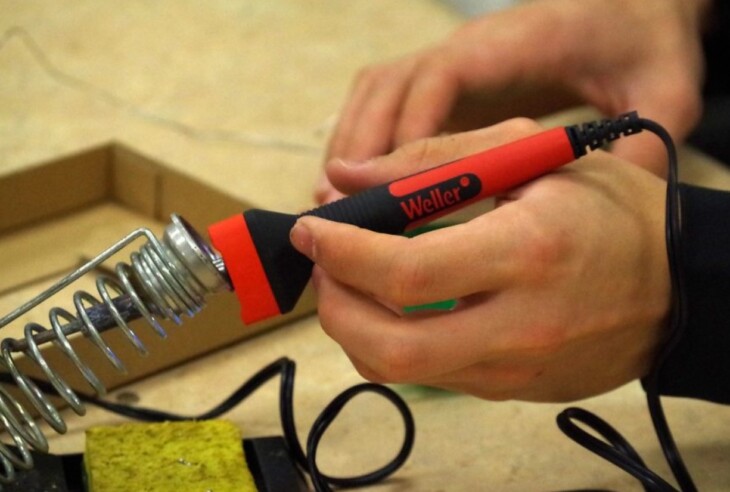
Source: Maker Advisor
The main purpose of soldering equipment is to help you in building permanent circuits. In many cases, it is noticed that the equipment doesn’t come with headpins. However, in such cases soldering equipment helps you in doing some soldering work where it is required. Also, it’s not necessary for a person to buy a big soldering setup, they can also purchase some soldering tools such as a vacuum pump, tip tinner, solder wick, diagonal cutting pliers, etc.
3. Multimeter:
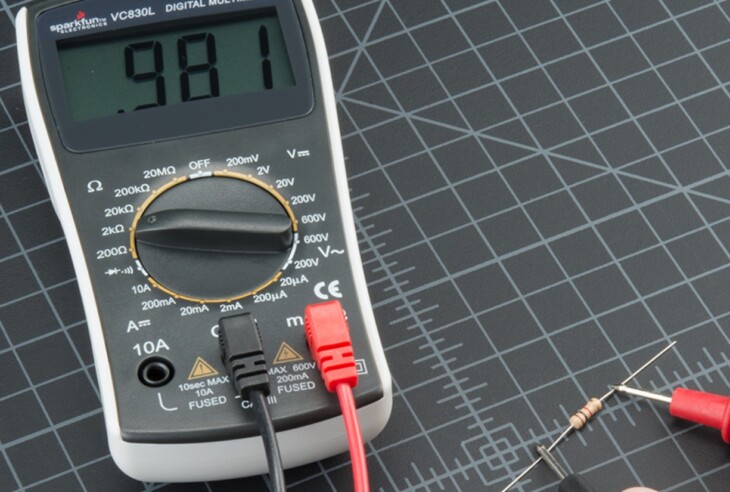
Source: Sparkfun Learn – SparkFun Electronics
Sometimes there falls some fault in wires which interrupts the proper working of a person. A multimeter is equipment that helps in correcting the circuits. The multimeter also helps in saving your time by checking the connection between wires. This tool has turned out to be very useful while working on several mechanical and electrical research. The auto-ranging feature of a multimeter helps in checking circuits.
4. Screwdriver Set:
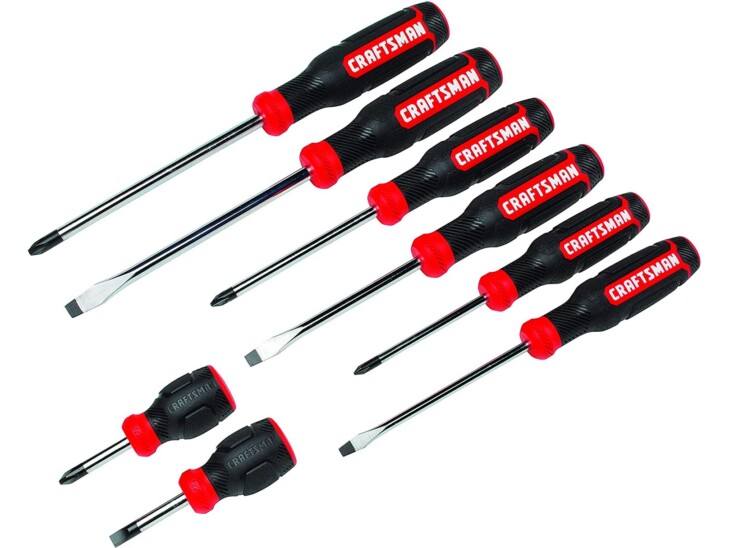
Source: TechnoBuffalo
It is nothing new that the screwdriver set has turned out to be a very major part of mechanical and electrical working roles. There are varieties of screwdrivers available in the market offering you different shapes and sizes for example—Flat-head screwdriver, Hex screwdriver, Allen Key screwdriver, and many more. All of these screwdrivers have different properties and usage. Also, each screwdriver is useful in different working situations.
5. Cabinet Organiser:
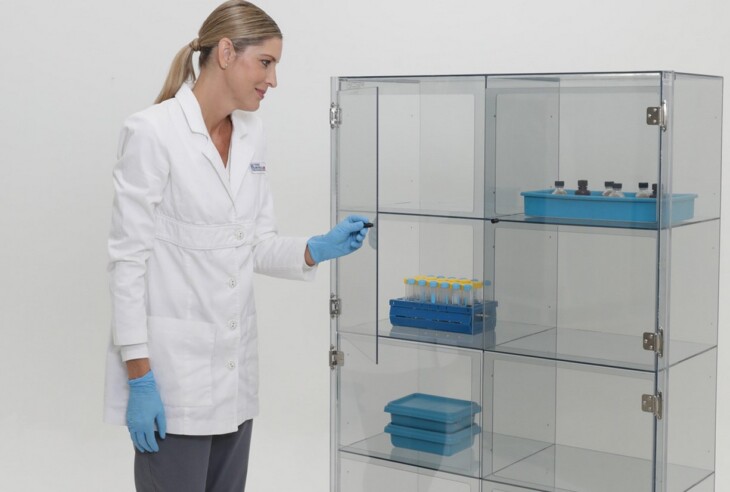
Source: Pinterest
We all know that things should be placed in an organized manner. Some electronic tools are very small and have many chances of misplacing. Also, small tools such as glue guns, screwdrivers, screws, and nuts are an essential part of any mechanical or electrical project, hence if anything gets misplaced, then it might affect the project as well. Thus, a cabinet organizer helps you in keeping things properly and minimizes the chance of losing them.
6. Glue Gun:
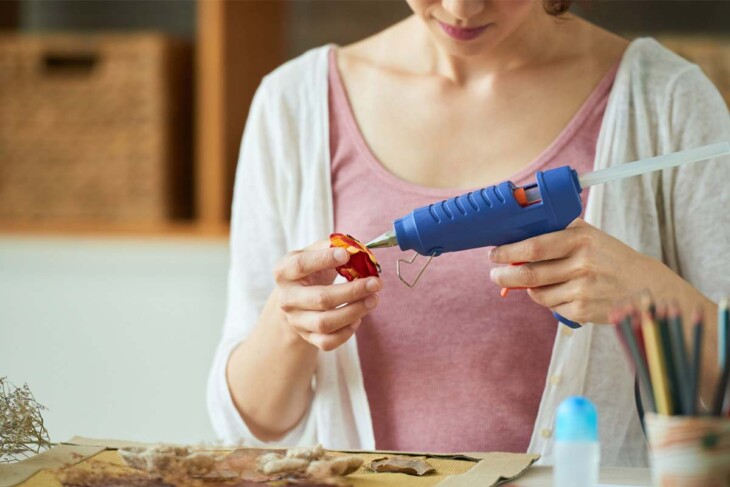
Source: Bob Vila
Many times it happens that some important thing breaks down and it needs to be fixed immediately in order to avoid the work to get delayed. Hence a person should always keep a glue gun while working in a lab for fixing things and keep the work going on smoothly. Also, it is observed that glue guns can come in handy for fixing important equipment in many types of research.
7. Set of Tweezers:
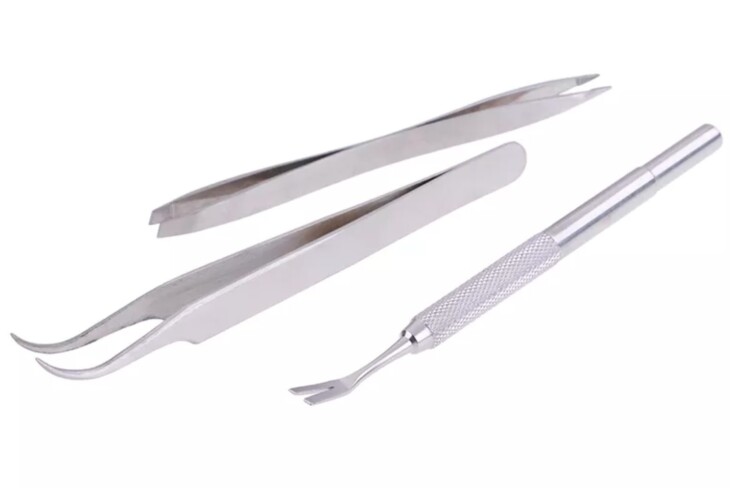
Source: Alibaba.com
Tweezer helps in working with small tools. It helps you in holding small things and working safely with them. Tweezers are more likely used by electronic engineers because they need to hold and use several tiny pieces of attachment in their projects.
8. 3D printer:
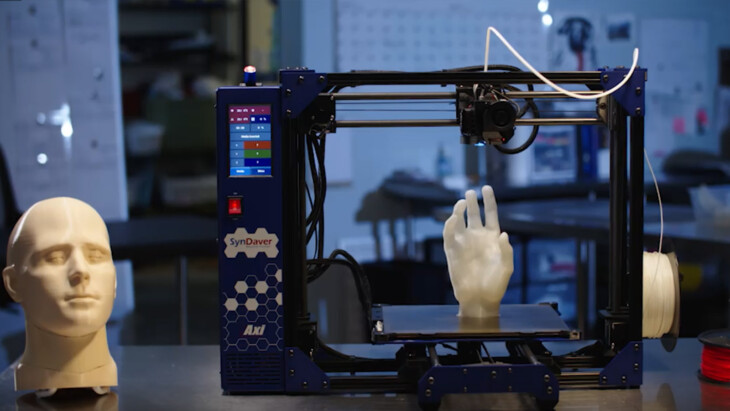
Source: 3D Printing Industry
A printer is not used as a major tool in the electronic lab. However, if we look deeply into the requirements then yes it could be a very important tool. The 3D printer helps you to design several unique parts, like nuts, screws, the body of circuit boards, and many more. 3D printers are more likely used in big electronic labs.
9. Small Saws:
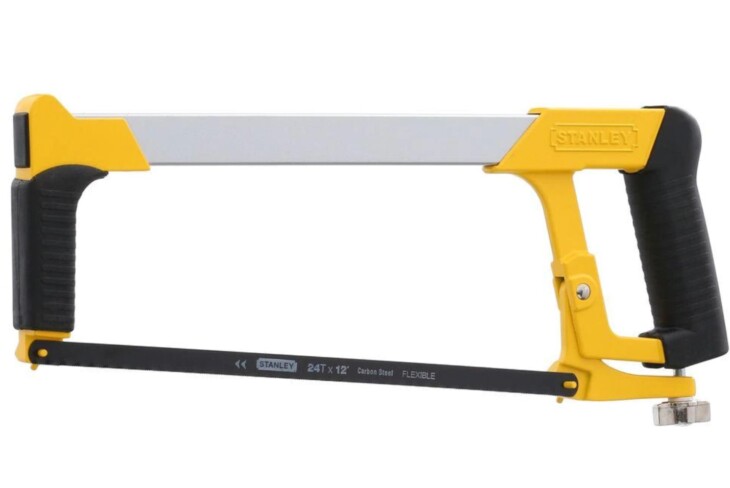
Source: The Home Depot
Small saws assist you with cutting small sheets and different useless parts of a circuit board. These tools are not used to cut heavy materials because they are not sharp with both ends like blades. Small saws are very safe to use and could become a handy tool. Thus a person should definitely add this into their tool kit.
10. Magnifiers:
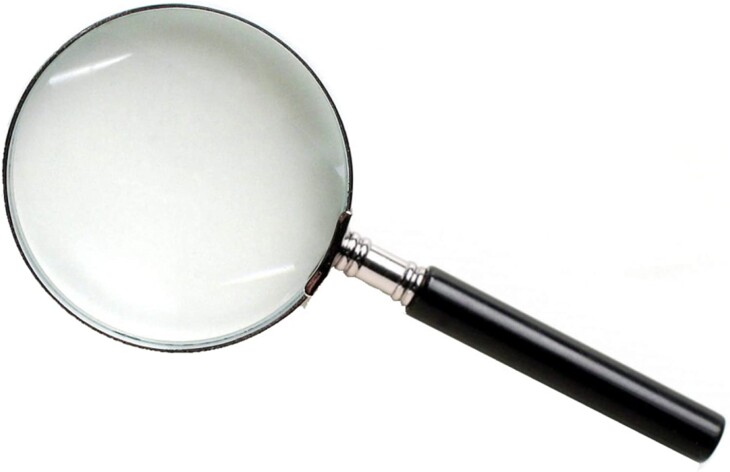
Source: Amazon.com
There are different types of magnifiers that assist you in looking deep into the things which are already very small and provides you minor details of them. While working on major projects a person should always use magnifiers to get detailed information so that the minor details could be written down. It is suggested to use low-power magnifiers and always keep them in their tool kit.
11. Jumper Wires:
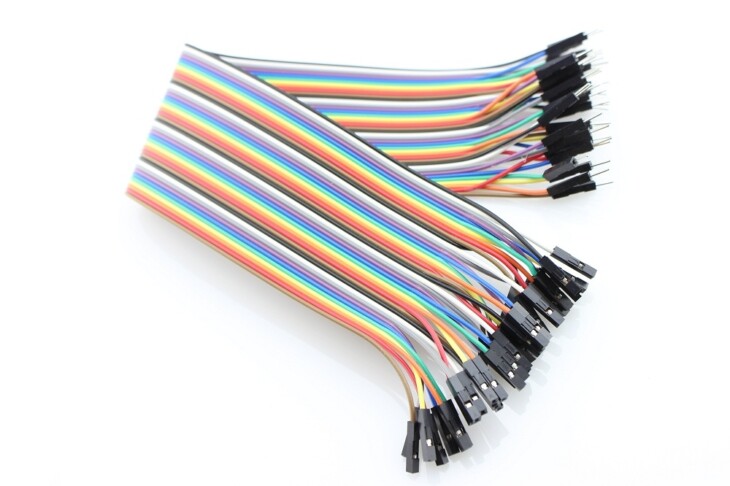
Source: Elecrow
Jumper wires are termed as super handy while working on research projects. It has the capability of connecting things easily and helping in completing the task more smoothly. Some tools are not considered as a core part of researches, however, these tools can act as side helpers that make the project run smoothly.
12. Workspaces:

Source: Stocksy United
In researches, Engineers must work on flat workspaces as it is more comfortable and helps a person to work more freely. It is suggested that there should be proper lighting near the workspace as good lighting allows you to work more appropriately and efficiently. Having a workspace could definitely sound useless, but it sure does have its numerous benefits.
